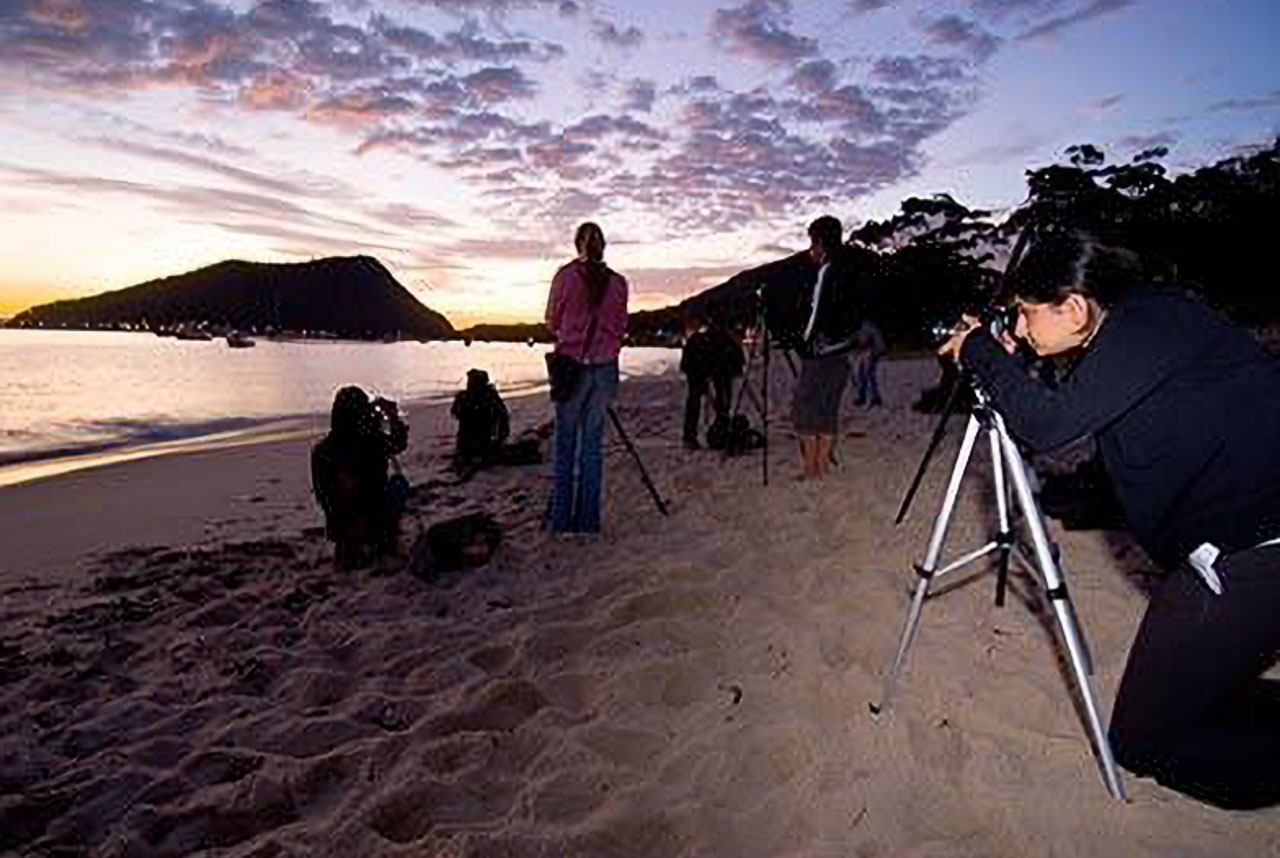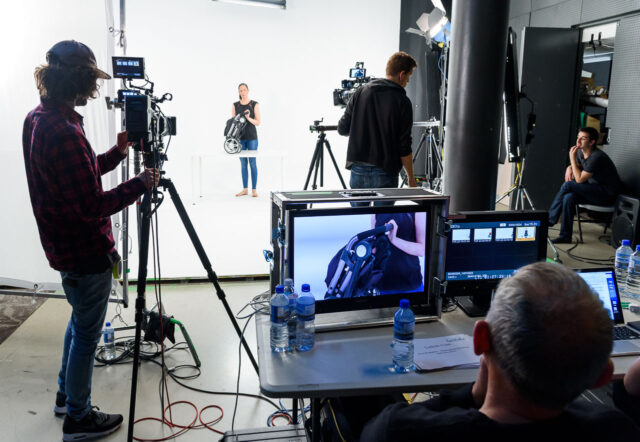
Short answer: no.
Professional photography can be learnt on-the-job, through trial and error. However that’s at the expense of clients or employers, until you learn the ropes of both business and photography.
Doing photography as a profession differs from a hobby. Your client dictates what is required, and you need to be able to produce the images. Images must fill the brief, and of course be of a “professional” standard. In other words, they must be fit for purpose, and in some countries such as Australia, consumer law demands it.
Essential for success
For a sustained career in professional photography you have to be entrepreneurial. The vast majority of pros are self-employed small businesses. You wear many hats in small business, and doing the actual “work” is a small percentage. In his book, The E-Myth Revisited, Michael Gerber wrote we are an Entrepreneur, Manager, and Technician. The first two roles are business, with the latter being about the photography.
Professional Photographer starts with “professional” because most businesses will fail due to bad management, not bad photography. In fact I see average photographers with excellent business acumen achieve far more than those with the best photography skills, but lousy business sense.
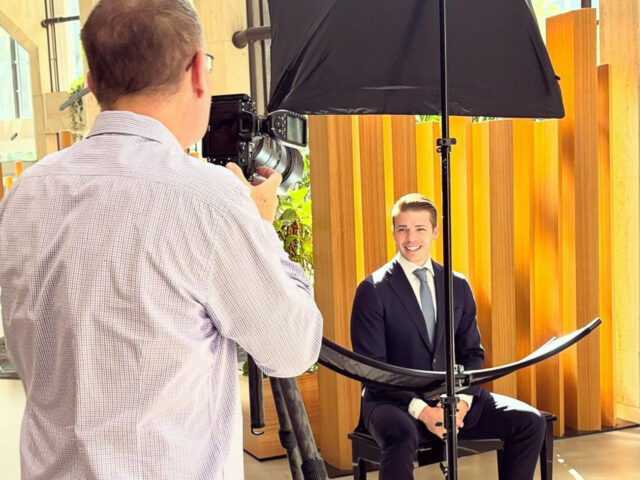
Personality
Not only do you have to be an entrepreneur, you have to have a “fire in your belly” , as one mentor told me. You need drive and a thick skin, because there’s more brickbats than bouquets. Don’t expect praise, “validation is for parking“.
You’ll need to be a “people person”, and caring about your professional relationships should be second nature, not forced. Even if you only photograph products, you still need to deal with people to run your business.
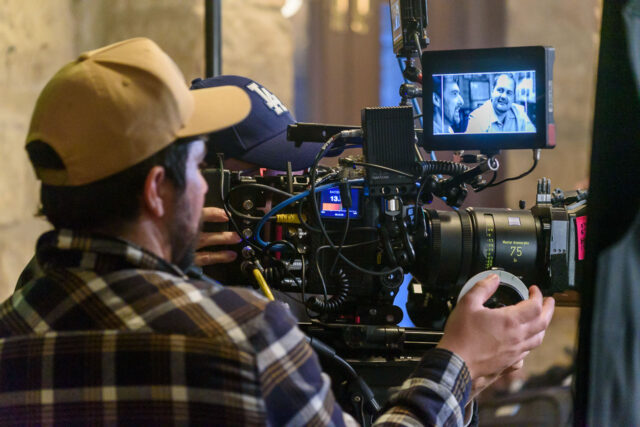
Roller coaster ride
The profession goes up and down over your career. Plan for the down times, and you’ll prosper longterm. I know when it’s not busy because colleagues will start asking me, “Are you quiet at the moment?”. Some photographers take it personally, and as a creative profession it can cause mental stress. It’s vital to have a support network, and please understand, it’s most likely the economy that’s slowed down, not you.
Join a professional association, whether that represents photography or business, or both. You’ll learn more than you put in, but you’ll gain far more by being involved in the association.
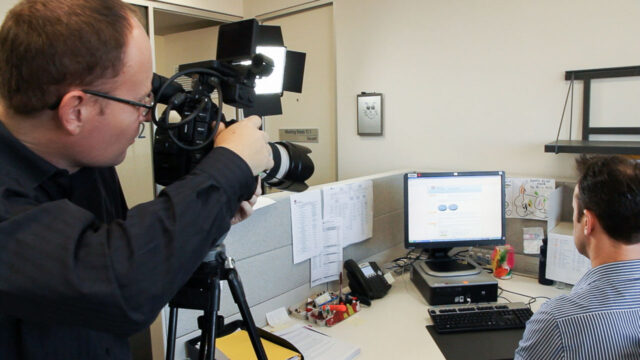
So why study professional photography?
It may not make you a better business person, but formal study will make you a better photographer. Studying will help fast track your career, give you perspective on the profession and history of the medium. It’s good to know where you came from, and how we got here.
While it may not make you a better business person, formal study will make you a better photographer. Studying will help fast track your career, give you perspective on the profession and history of the medium. It’s good to know where you came from, and how we got here.
Formal study gives you a cohort to grow with and support one another during your career. You’ll be presented with work and networking opportunities. Of course with your entrepreneurial nature, you’ll use every opportunity presented to good advantage. You should assist photographers and seek work.
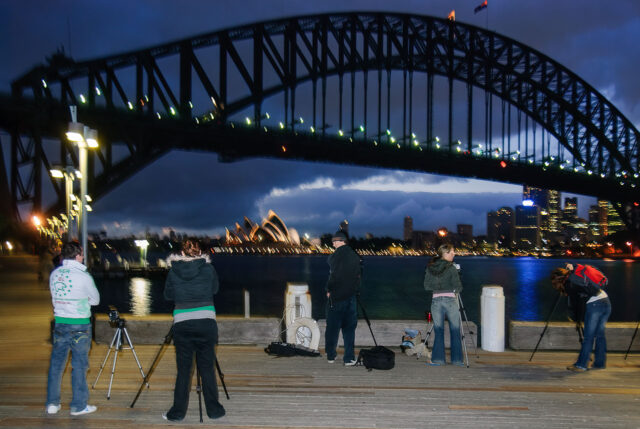
While studying professional photography may not be necessary to start, it certainly helps ensure you have a sustained, and long career.
